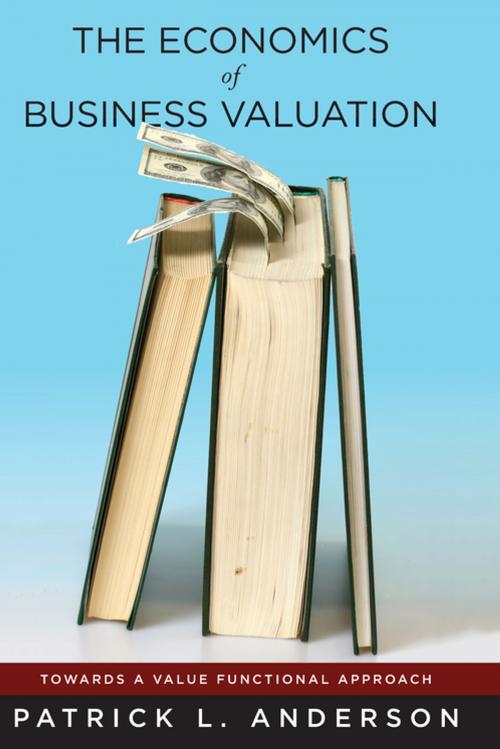The Economics of Business Valuation
Towards a Value Functional Approach
Business & Finance, Finance & Investing, Finance| Author: | Patrick Anderson | ISBN: | 9780804783224 |
| Publisher: | Stanford University Press | Publication: | April 10, 2013 |
| Imprint: | Stanford Economics and Finance | Language: | English |
| Author: | Patrick Anderson |
| ISBN: | 9780804783224 |
| Publisher: | Stanford University Press |
| Publication: | April 10, 2013 |
| Imprint: | Stanford Economics and Finance |
| Language: | English |
For decades, the market, asset, and income approaches to business valuation have taken center stage in the assessment of the firm. This book brings to light an expanded valuation toolkit, consisting of nine well-defined valuation principles hailing from the fields of economics, finance, accounting, taxation, and management. It ultimately argues that the "value functional" approach to business valuation avoids most of the shortcomings of its competitors, and more correctly matches the actual motivations and information set held by stakeholders.
Much of what we know about corporate finance and mathematical finance derives from a narrow subset of firms: publicly traded corporations. The value functional approach can be readily applied to both large firms and companies that do not issue publicly traded stocks and bonds, cannot borrow without constraints, and often rely upon entrepreneurs to both finance and manage their operations. With historical side notes from an international set of sources and real-world exemplars that run throughout the text, this book is a future-facing resource for scholars in economics and finance, as well as the academically minded valuation practitioner.
For decades, the market, asset, and income approaches to business valuation have taken center stage in the assessment of the firm. This book brings to light an expanded valuation toolkit, consisting of nine well-defined valuation principles hailing from the fields of economics, finance, accounting, taxation, and management. It ultimately argues that the "value functional" approach to business valuation avoids most of the shortcomings of its competitors, and more correctly matches the actual motivations and information set held by stakeholders.
Much of what we know about corporate finance and mathematical finance derives from a narrow subset of firms: publicly traded corporations. The value functional approach can be readily applied to both large firms and companies that do not issue publicly traded stocks and bonds, cannot borrow without constraints, and often rely upon entrepreneurs to both finance and manage their operations. With historical side notes from an international set of sources and real-world exemplars that run throughout the text, this book is a future-facing resource for scholars in economics and finance, as well as the academically minded valuation practitioner.















